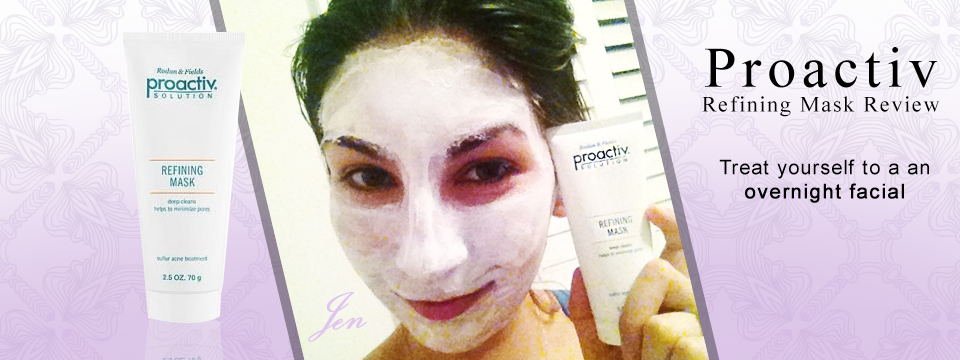A staple in most skincare routines, Witch Hazel, has been an age-old remedy for a variety of skin ailments. But, have you ever wondered when should you use witch hazel on your face? Here’s everything you need to know, delivered straight from the experts.
Understanding Witch Hazel
Witch Hazel, an extract derived from the bark and leaves of the Hamamelis virginiana plant, has found its place in various skincare regimens due to its exceptional astringent properties.
The History of Witch Hazel
Used by Native Americans for centuries, Witch Hazel has stood the test of time and continues to be a favored ingredient in various skincare products. Its anti-inflammatory, astringent, and anti-bacterial properties have been harnessed by healers and aestheticians alike.
Properties of Witch Hazel
Rich in tannins, a natural plant compound with potent antioxidant properties, Witch Hazel can minimize pores, control excess oil, and protect the skin from environmental damage. This makes it an excellent addition to your skincare regime.
The Benefits of Using Witch Hazel on Your Face
When used correctly, Witch Hazel offers a plethora of benefits for your skin.
Combat Acne with Witch Hazel
Witch Hazel is often lauded for its anti-acne effects. It can regulate oil production, reduce inflammation, and accelerate the healing of acne breakouts.
Witch Hazel: Your Weapon Against Aging
The potent antioxidants in Witch Hazel help neutralize harmful free radicals, thereby delaying signs of aging such as wrinkles and fine lines.
Soothing Sensitive Skin with Witch Hazel
Thanks to its calming properties, Witch Hazel can soothe sensitive or irritated skin, reducing redness and discomfort.
How to Use Witch Hazel in Your Skincare Routine
The key to harnessing the benefits of Witch Hazel is knowing how to use it appropriately in your skincare routine.
Choosing the Right Witch Hazel Product
From toners and moisturizers to spot treatments, Witch Hazel is available in various forms. Choose one that suits your skin type and skincare goals.
The Ideal Time for Witch Hazel Application
When it comes to the question of when should you use witch hazel on your face, most skincare experts recommend using it post-cleansing. This ensures your skin is free from dirt and makeup, allowing the Witch Hazel to work effectively.
Proper Application of Witch Hazel
Witch Hazel should be applied using a cotton ball or pad, gently sweeping it across your face, avoiding the eye area.
Cautions and Considerations for Witch Hazel Use
While Witch Hazel is generally considered safe for topical use, certain considerations must be kept in mind.
Potential Side Effects of Witch Hazel
While side effects are rare, some individuals may experience allergic reactions or skin dryness. Always patch test a new product before full-face application.
Who Should Avoid Witch Hazel
If you have dry or extremely sensitive skin, or are allergic to any component of Witch Hazel, it’s best to avoid its use or consult a dermatologist before incorporating it into your skincare routine.
Frequently Asked Questions
What does witch hazel do for your face?
Witch Hazel can control excess oil, reduce inflammation, and protect the skin from environmental damage. It is often used in the management of acne and as an anti-aging remedy.
Is witch hazel good for all skin types?
While Witch Hazel is beneficial for oily and acne-prone skin, it may not suit individuals with dry or extremely sensitive skin due to its astringent properties.
Can you use witch hazel on your face every day?
Yes, it can be used daily, provided it doesn’t cause any adverse reactions such as excessive dryness or skin irritation.
How long does it take for witch hazel to work on acne?
The results can vary depending on the severity of the acne and individual skin characteristics. Some may notice improvements within a week, while for others, it might take a couple of weeks.
Does witch hazel remove dark spots?
While Witch Hazel can reduce inflammation and control oil production, it’s not specifically known for removing dark spots. For that purpose, ingredients like retinol or vitamin C are more suitable.
Can witch hazel replace my regular toner?
Yes, many people use Witch Hazel as a natural, cost-effective alternative to traditional toners.
In Conclusion
Knowing when should you use witch hazel on your face can have a profound impact on your skincare results. Armed with this knowledge, you can now make the most out of this age-old skincare staple.



